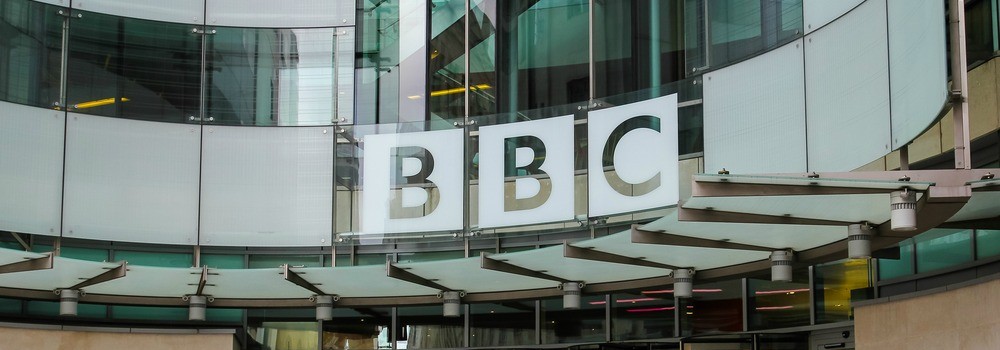The renewal of the BBC charter has led to three good things. It will allow the BBC to exist as a public service broadcaster, retaining funding via the Licence Fee for the duration of the charter; there will be less Government interference on the BBC board than proposed in the White Paper in May; and the inclusion of all nations on the board may result in more productions being made in the regions.
But this good news comes at a cost. At a time when there are already budget freezes in radio drama production and Doctors TV writers are still paid below WGGB minimums because there is “no money”. In this climate of excessive cost-cutting, it is difficult to see how the BBC will continue to produce the same level and quality of television and radio drama when it will lose significant funding from the loss of the over-75s’ TV Licence Fees.
WGGB Acting General Secretary Ellie Peers said: “Everyone keeps talking about revealing the salaries of highly paid presenters and performers. This is not the point. They are popular, they earn their money on the open market, and often work for the BBC more cheaply than they could achieve elsewhere. Why does the Government want to scapegoat them? People working for other channels won’t be subject to the same exposure.
“What we want to see is the exposure of the large numbers of writers and other creators who are expected to work for nothing, often for months, without any guarantee there will be a script or a series at the end of it. We should stop worrying so much about the well-paid and start worrying about people who work for no pay at all.
“Where is the transparency and openness about this? What has Government got to say about it? These people are freelances and sole traders, so they don’t qualify for the minimum wage. It is a scandal.”
Find out more about the Federation of Entertainment Unions’ BBC Love It Or Lose It campaign.

